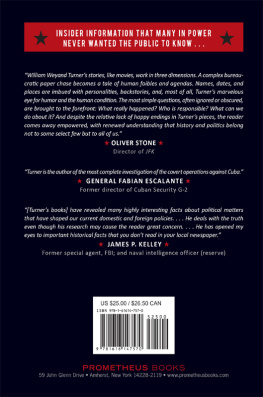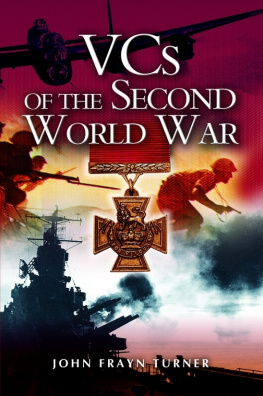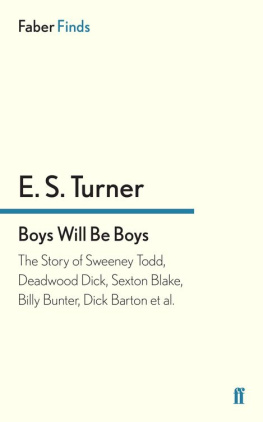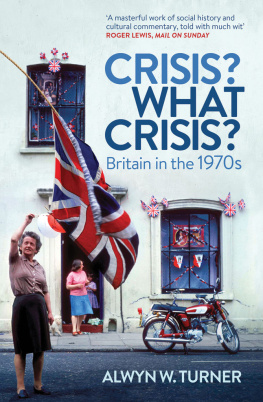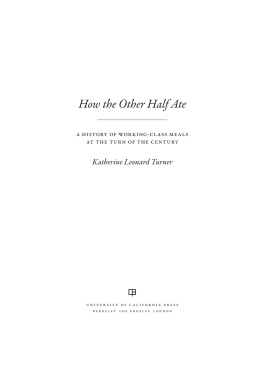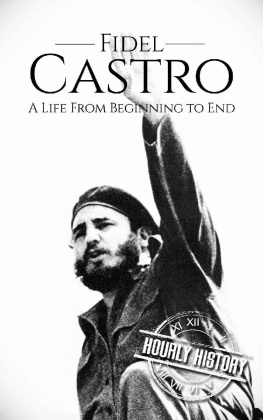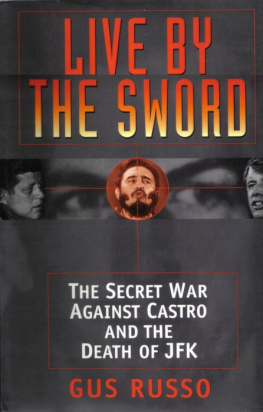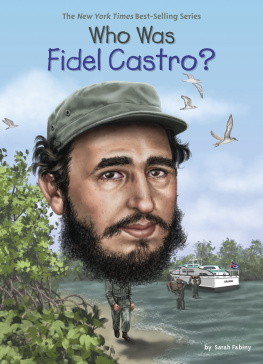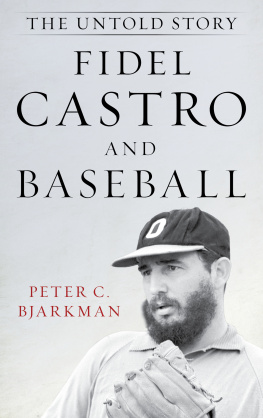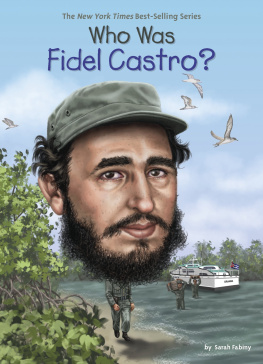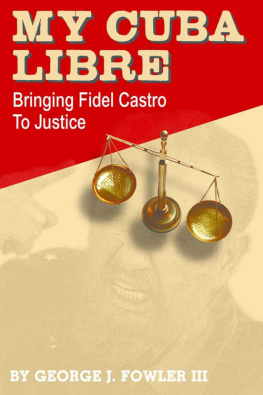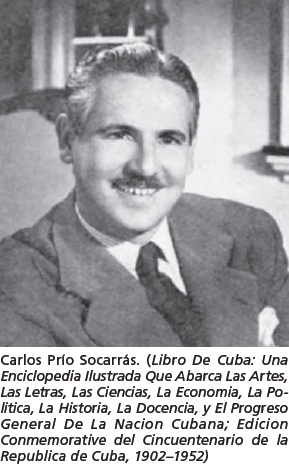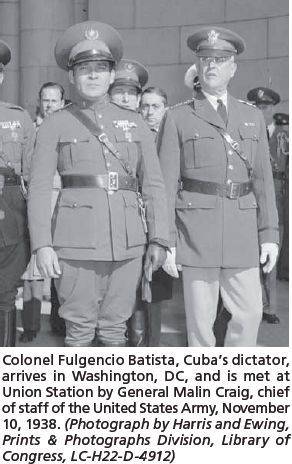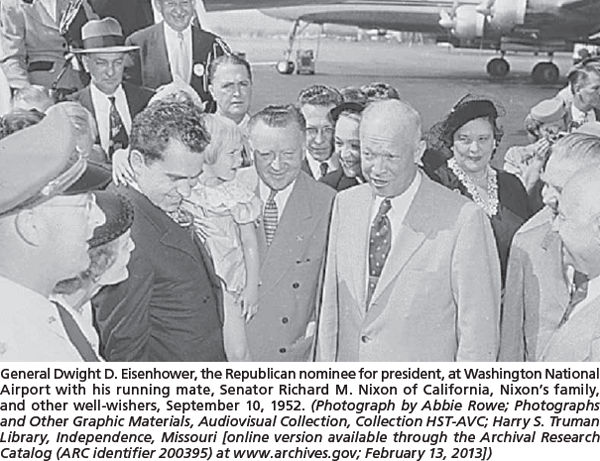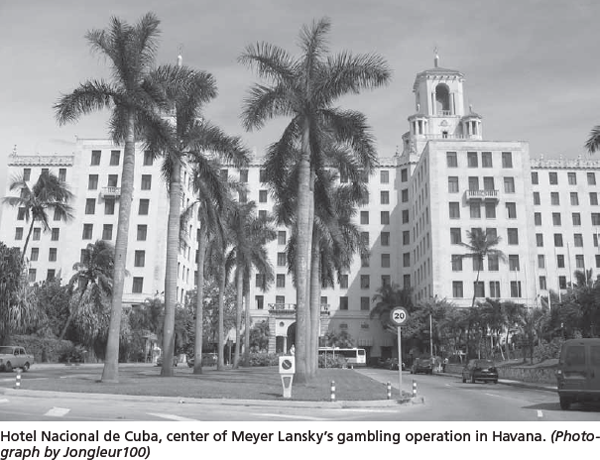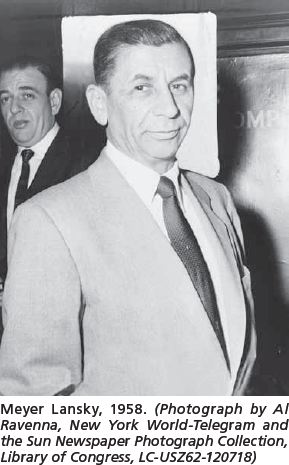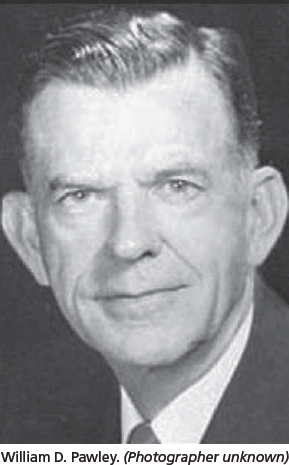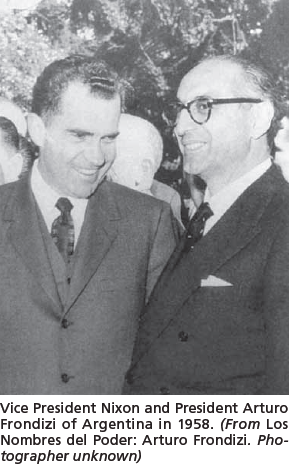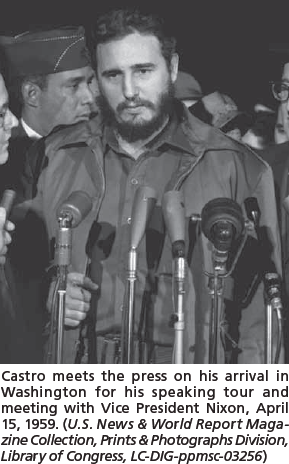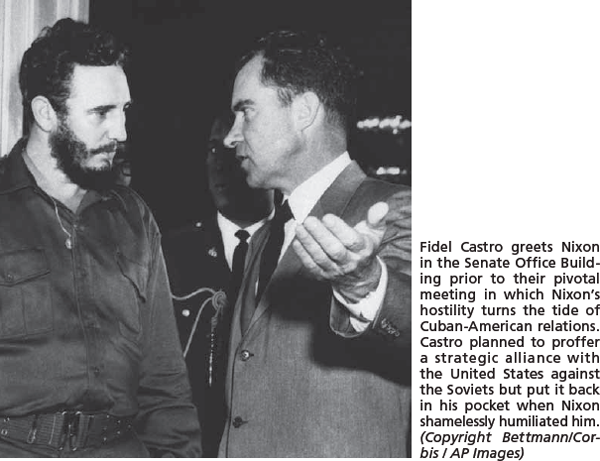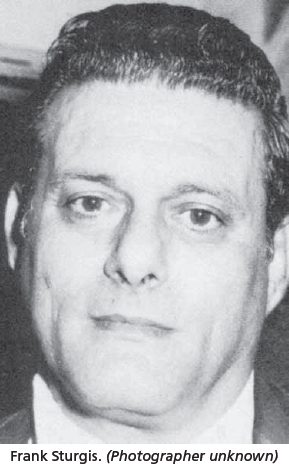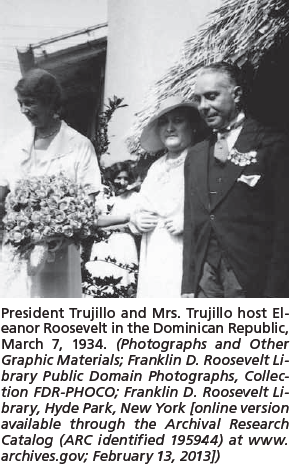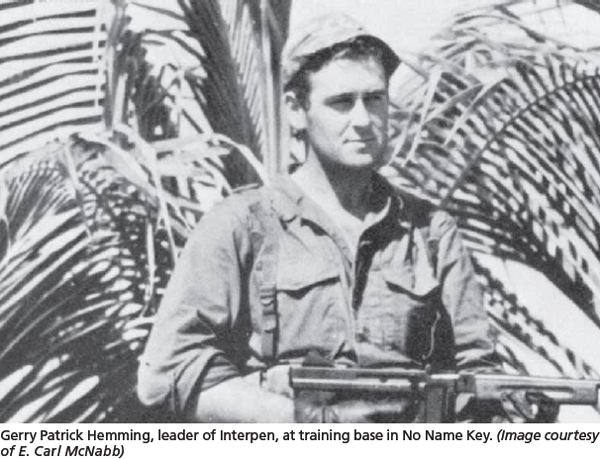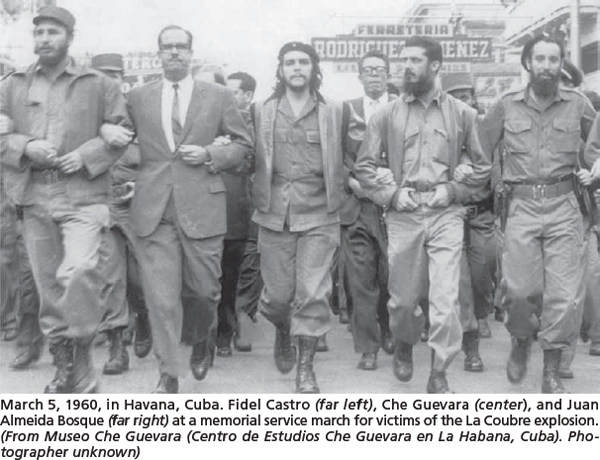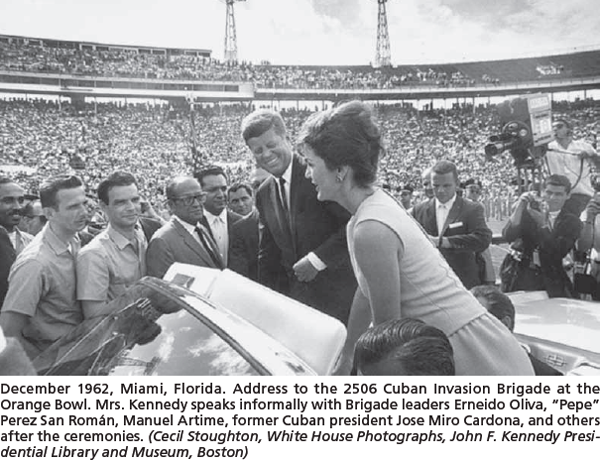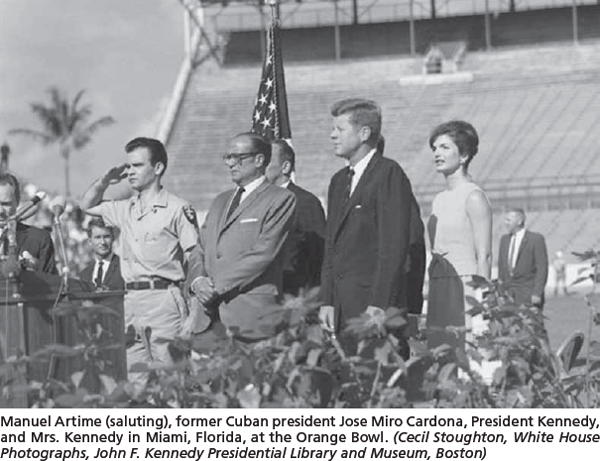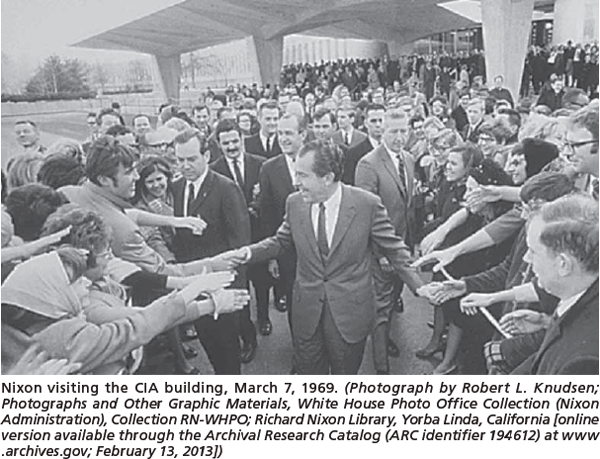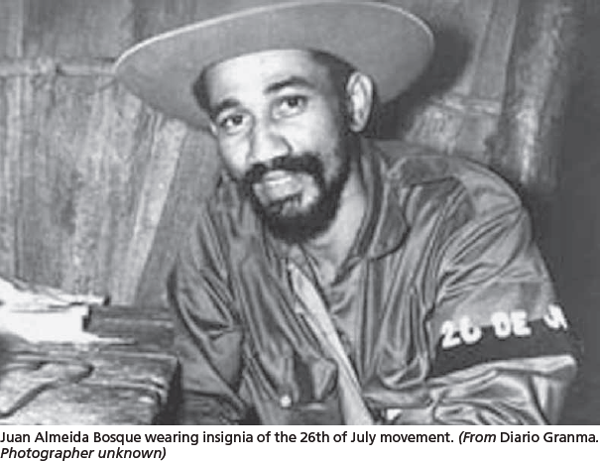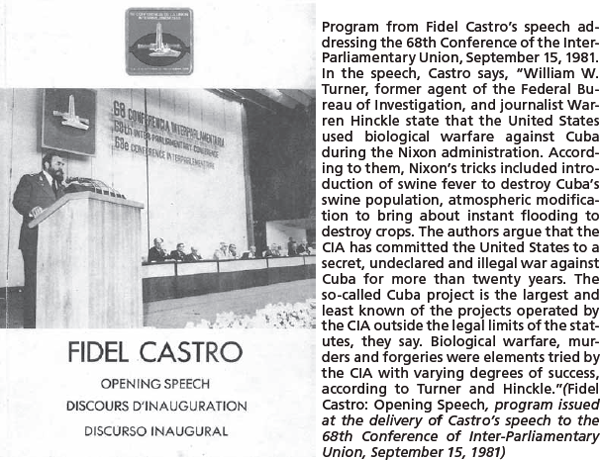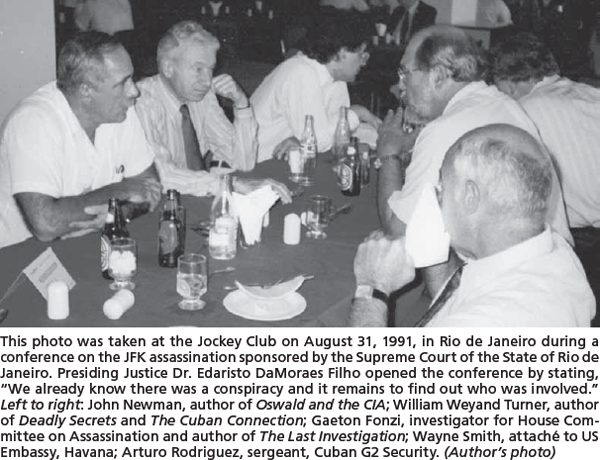Turner - The Cuban connection : Nixon, Castro, and the mob
Here you can read online Turner - The Cuban connection : Nixon, Castro, and the mob full text of the book (entire story) in english for free. Download pdf and epub, get meaning, cover and reviews about this ebook. City: Amherst, N.Y., year: 2013, publisher: Prometheus Books, genre: Detective and thriller. Description of the work, (preface) as well as reviews are available. Best literature library LitArk.com created for fans of good reading and offers a wide selection of genres:
Romance novel
Science fiction
Adventure
Detective
Science
History
Home and family
Prose
Art
Politics
Computer
Non-fiction
Religion
Business
Children
Humor
Choose a favorite category and find really read worthwhile books. Enjoy immersion in the world of imagination, feel the emotions of the characters or learn something new for yourself, make an fascinating discovery.
- Book:The Cuban connection : Nixon, Castro, and the mob
- Author:
- Publisher:Prometheus Books
- Genre:
- Year:2013
- City:Amherst, N.Y.
- Rating:4 / 5
- Favourites:Add to favourites
- Your mark:
The Cuban connection : Nixon, Castro, and the mob: summary, description and annotation
We offer to read an annotation, description, summary or preface (depends on what the author of the book "The Cuban connection : Nixon, Castro, and the mob" wrote himself). If you haven't found the necessary information about the book — write in the comments, we will try to find it.
In The Cuban Connection, former FBI agent and investigative journalist William Turner examines the fateful meeting between Castro and Nixon and the murky connections that existed between official Washington, the CIA, and organized crime in Cuba. Based on firsthand interviews with many of the key players involved in Cuban-American relations of that era, plus thorough background research, Turner raises a host of disturbing questions:
Before the ouster of the Cuban dictator Fulgencio Batista by Castro, why did Vice President Nixon often socialize at Havana casinos with his Cuban friend Bebe Rebozo? How was the rabid anticommunism of the Eisenhower administration, especially its instant dislike of Castro, connected to its cozy relationship with the former mob-controlled dictatorship? How did all of this set the stage for the Bay of Pigs fiasco and ultimately the Cuban Missile Crisis and the JFK assassination?
In a vivid narrative The Cuban Connection provides insider information that rarely reaches the public and that many in power never wanted the public to know
Turner: author's other books
Who wrote The Cuban connection : Nixon, Castro, and the mob? Find out the surname, the name of the author of the book and a list of all author's works by series.

